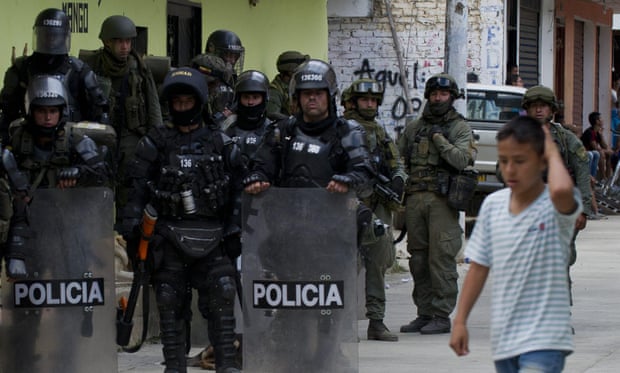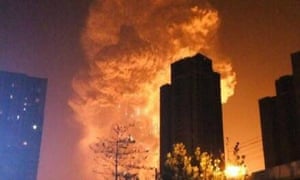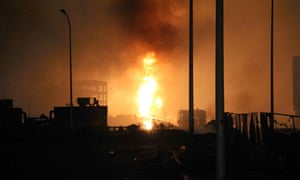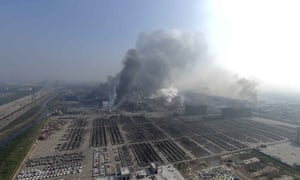Farc rebels bomb new section of Colombian oil pipeline
Bombing comes a week after another attack that government said may have caused the worst environmental disaster in the country’s history

Colombia’s Farc guerrillas bombed a new section of an oil pipeline on Monday, even as cleanup teams struggled to contain a massive oil spill that the government said may be the worst environmental disaster in the country’s history.
A bomb ripped through part of the Tansandino pipeline in southern Putumayo province before dawn on Monday, damaging two homes. Minimal oil was spilled because the pipeline was inactive at the time, officials said.
The attack came a week after another attack by the Revolutionary Armed Forces of Colombia, Farc, caused more than 10,000 barrels of oil to spill into rivers and streams in Nariño province, threatening to contaminate the Bay of Tumaco on the Pacific Ocean.
The spill left 150,000 residents of Tumaco without access to water and trucks were supplying the port city with water shipped from other parts of the country.
The bombings came amid a spate of attacks launched after the rebels announced in May the end of a unilateral ceasefire they had declared as part of ongoing peace talks with the government of Juan Manuel Santos.
Their main target has been the country’s oil and electricity infrastructure.
The same day as the spill in Nariño, Farc fighters forced oil tanker drivers to dump nearly 5,000 barrels of crude on the road.
In a statement from Havana, where peace talks have been held since 2012, the Farc said the environmental damage was an “undesired” effect of the war they have been waging against the state for more than 50 years. They argued, however, that they were not the ones chiefly responsible for hurting the environment in Colombia.
“There is no greater damage to the environment than the ‘ecocide’ constantly perpetrated by the economic policies of this government that the Farc combats every day,” the group said in a statement.
The resulting oil spills “pose serious threats to people’s lives and health, as well as to the integrity of ecosystems”, a group of environmental organisations said this week in a statement.
They stressed the need for the Farc, “to exclude both local communities and the ecosystem from the armed conflict”.
In a visit to Tumaco, Santos said the extent of the damage was difficult to gauge. “It is incommensurable,” he said. “It is possibly the worst environmental damage in the country’s history.
Santos said that the region’s fragile rainforest affected “may never be able to recover completely”.
Peace talks between the Farc and the government have been strained since the ceasefire was lifted and the rebels have stepped up their attacks. However, they continue to seek agreement on the issues of transitional justice and reparations for victims of the war.
“Spilling oil in the rivers is not an act of war, it is an act of barbarity,” Santos said.





No comments:
Post a Comment
Please leave a comment-- or suggestions, particularly of topics and places you'd like to see covered